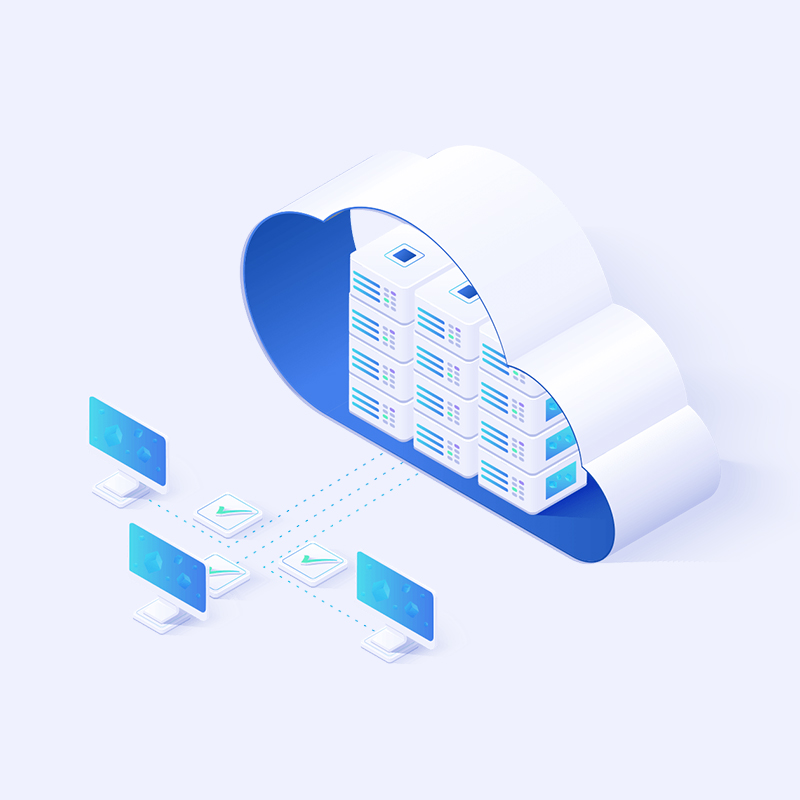Why is cloud migration important for business growth?
Cloud migration can help your business migrate and save on operating costs, increase flexibility, and ensure security. The migration of your data from physical servers to the cloud can help you become more efficient, increase productivity, and improve collaboration. When your data is in the cloud, your business can operate remotely and employees can work from anywhere in the world. As companies transition to the cloud, they have the opportunity to make use of new technologies, such as Artificial Intelligence, that can help them make better business decisions. The benefits of migrating to the cloud include:

Increased efficiency
Cloud technology allows organizations to scale their IT infrastructure without additional capital investment or operational overhead.
Reduced risks
Cloud computing allows organizations to build their IT infrastructure in a public location, which minimizes the risk of physical damage or theft.
Increased Agility
Businesses can adapt their IT systems more quickly and easily, enabling them to react to unexpected changes in their operations.

Monitoring Needs of Cloud Applications & Services
In today’s digital world, companies have to constantly monitor and track all their digital activity. Businesses have started adopting cloud computing services and adopting the use of cloud monitoring services to keep a tab on their services, applications, and processes from end to end. Cloud-based applications and services generally store and process huge volumes of data. Monitoring needs may vary from one type of application to another. Some of the most common reasons for creating a monitoring strategy are to troubleshoot issues, identify best practices, and track performance. Cloud monitoring services can be broadly classified into three categories:
Cloud management
Monitor and manage the entire lifecycle of a cloud environment, including creation of new resources, configuration, provisioning, deployment & operational management.
Cloud orchestration
Services provide a broad range of functionality, including integration, automation and managing the flow of data into and out of the cloud environment.
Cloud Data Management
Services monitor and manage all data in the cloud environment, including application data, infrastructure data, and dynamic data.




